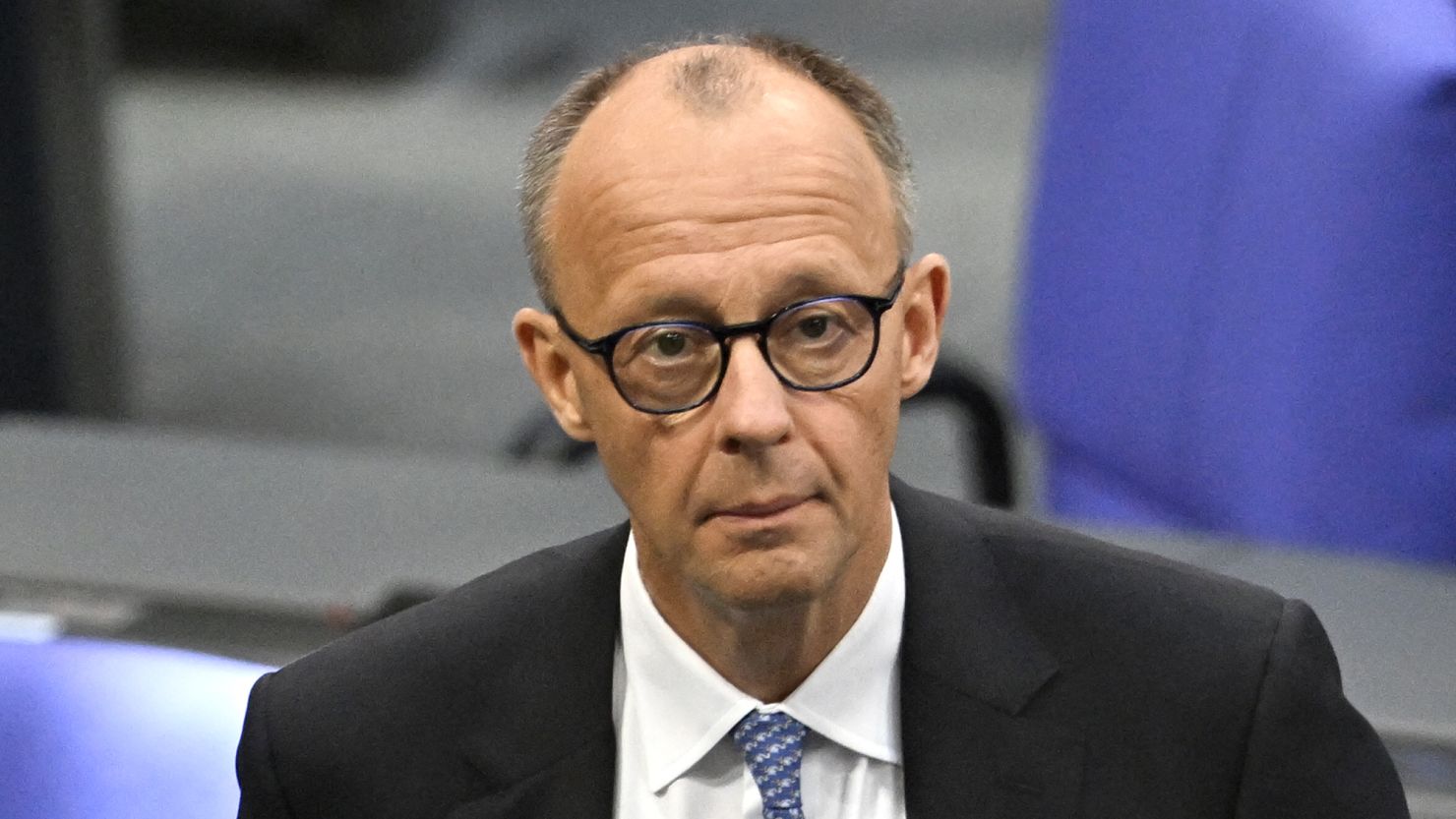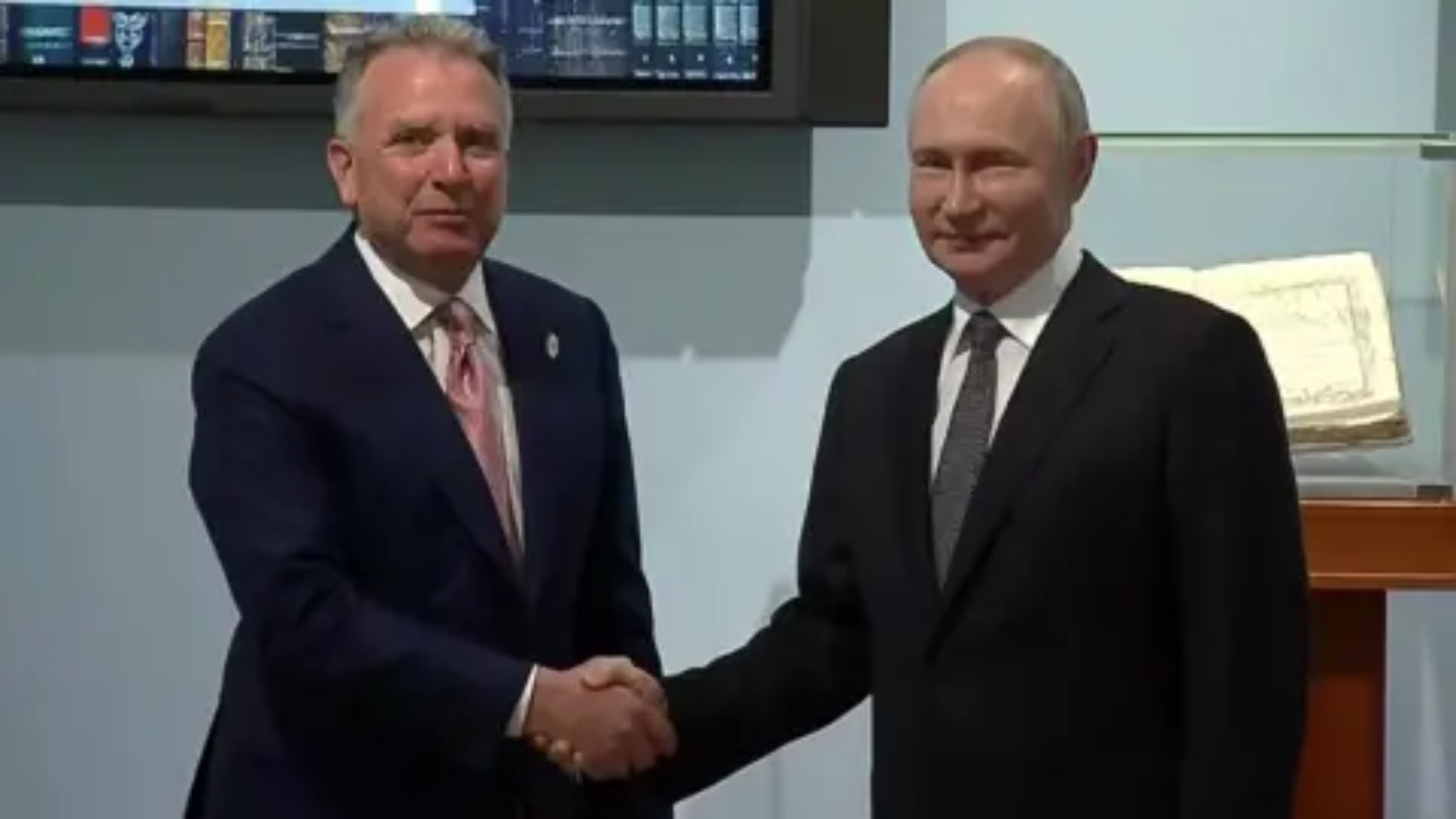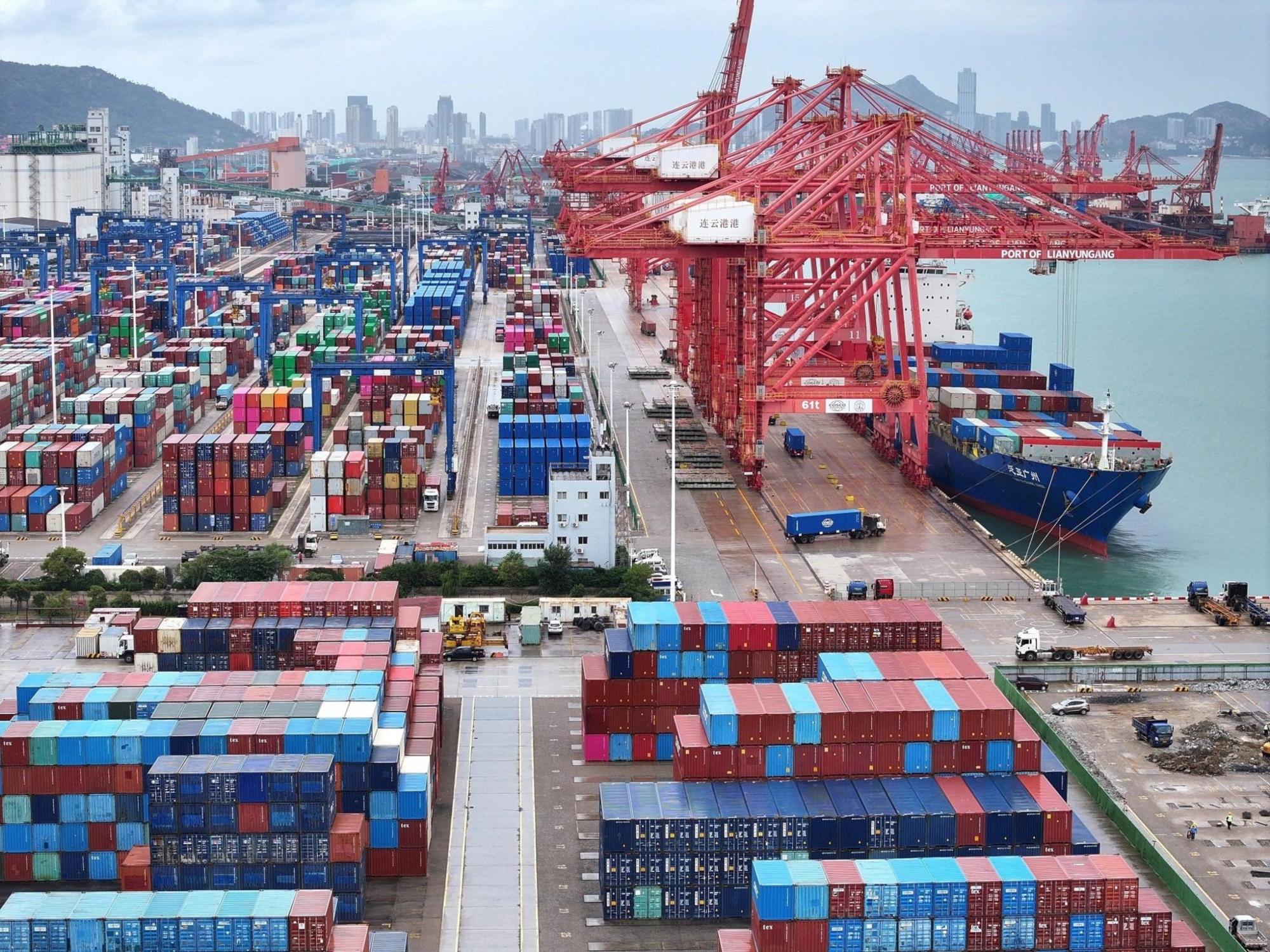Conservative leader Friedrich Merz has been elected as Germany’s next chancellor, winning a parliamentary vote on his second attempt.
Merz initially fell six votes short of the absolute majority required in the 630-seat Bundestag during Tuesday morning’s secret ballot, a major setback that marked an unprecedented failure for a chancellor candidate in post-war German history.
With no way to determine who withheld support, whether from his conservative CDU/CSU bloc or their centre-left coalition partner, the Social Democrats (SPD), the Bundestag was left in uncertainty. Despite the coalition holding 328 seats, 18 members apparently dissented in the first vote.
After intense discussions among party leaders and Bundestag President Julia Klöckner, a second vote was held later that day. Merz secured 325 votes, just nine above the required majority.
Although a second vote had initially been scheduled for Wednesday, CDU General Secretary Carsten Linnemann pushed for a faster resolution, telling German TV, "Europe needs a strong Germany, that's why we can't wait for days."
Jens Spahn, parliamentary group leader, urged unity: “All of Europe, perhaps the whole world, is watching this ballot.”
Political commentators described the failed first vote as a humiliating moment for Merz, likely triggered by internal dissent from the SPD, which had just signed a coalition agreement with the conservatives on Monday. SPD officials insisted the party was fully committed to the coalition, despite dissatisfaction among some members.
SPD MP Ralf Stegner told the BBC, “It was a secret vote, so nobody knows, but I don't have the slightest impression that our parliamentary group didn't understand its responsibility.”
The far-right Alternative for Germany (AfD), which came second in the February election with 20.8% of the vote, seized on the initial failure. Co-leader Alice Weidel called for new elections, saying the vote revealed “the weak foundation” of the CDU-SPD coalition.
Johann Wadephul, Merz’s pick for foreign minister, downplayed the setback, calling it “an obstacle but not a catastrophe.”
Germany’s political transitions are usually tightly managed. The outgoing Chancellor Olaf Scholz was honored with a traditional military ceremony on Monday night, whiles Merz was widely expected to win smoothly the next morning, achieving his long-held goal of leading Germany. Angela Merkel who is the former Chancellor was present for the first vote, but did not attend the second.
Some analysts warned that the close and contentious vote could signal deeper instability within the new government. AFD MP Bernd Baumann criticized the CDU’s coalition with the SPD, accusing them of betraying voters: “That doesn't work. That’s not how democracy works.”
Green Party politician Katrin Göring-Eckardt cautioned against celebrating the turmoil, saying, “Even though I don’t want this chancellor, I can only warn everyone not to rejoice in chaos.”
Just a day earlier, Merz had projected optimism as he signed the coalition deal, declaring it Germany’s “historical duty” to ensure the new government’s success.
With a slim 12-seat majority, the CDU-SPD alliance is still viewed as more stable than the previous “traffic-light” coalition of three parties, which collapsed last November over disputes on fiscal policy.
Although the SPD suffered its worst post-war election result, falling to third place, Merz vowed to restore Germany’s influence and lift its struggling economy.
After two years of recession, Germany’s economy showed signs of recovery in early 2025. However, economists warn that U.S. imposed tariffs and weak consumer spending could still threaten growth.
Merz, 69, will now be sworn in by President Frank-Walter Steinmeier, and his cabinet of 17 ministers will officially take office.










.jpg)